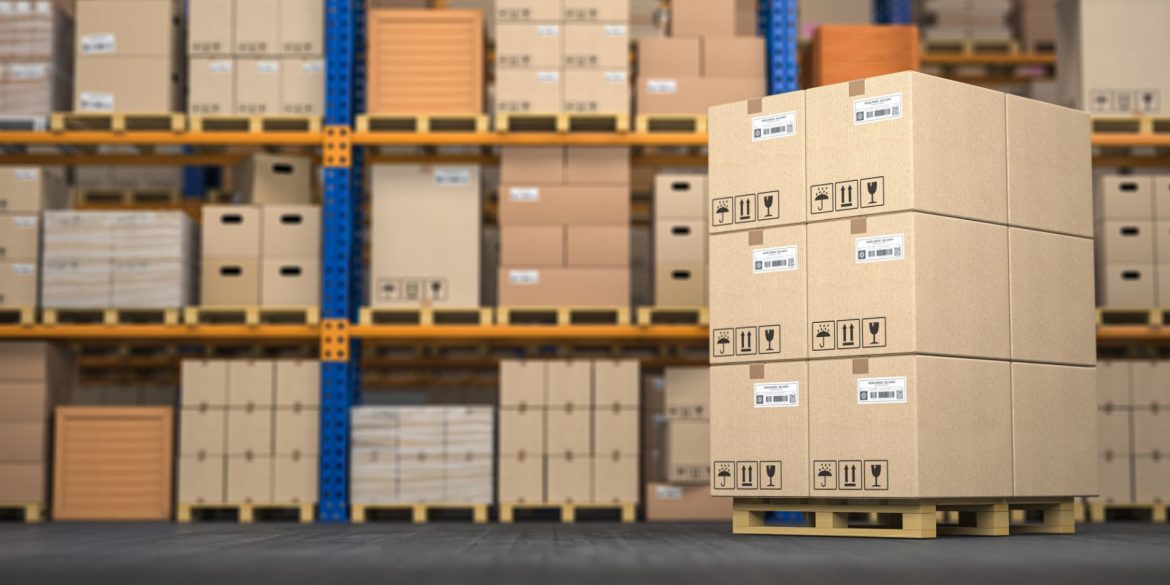
Shipments to Costa Rica are subject to import fees and taxes, making it important to partner with a company who understands customs regulations and paperwork requirements in this country.
Bring items that may be difficult to locate here; for example, name-brand kitchen appliances tend to be pricey in this region. Also bring sealed containers with desiccant packs in them to prevent moisture damage from occurring.
Get Your Free Guide to Shipping to Costa Rica
Costs
Whenever shipping containers to Costa Rica, it’s essential that all associated costs are considered carefully. These costs could include insurance premiums, customs fees and storage charges; it would also be wise to consult an established shipping company and create an inventory list so as to prevent any problems during delivery.
Cost of shipping containers to Costa Rica will depend on their weight and dimensions, so to accurately ascertain it it’s best to request an ocean freight quote and request one as this will give an accurate picture. Nonetheless, depending on season or port of origin it may differ considerably in cost.
Puerto Limon serves as Costa Rica’s main trade port, handling most of its imports. Although located within a small city, Puerto Limon’s vast size means it can handle cargo vessels of any size; items commonly shipped include medical equipment and electrical components.
Insurance
Whenever shipping household goods to Costa Rica, it’s essential to take necessary precautions. This includes correctly packing and labeling items for transport; obtaining insurance; and selecting an experienced moving company who specialize in international moves who can offer expert guidance through this process.
Ocean freight shipping is the optimal method for transporting large or bulky items to Costa Rica, providing both cost-efficiency and high levels of security for your belongings. Plus, its speedy delivery allows you to quickly start living life in Costa Rica!
At all times, shipments must pass through Customs inspection and clearance procedures before entering Costa Rica. This may involve extensive documentation including commercial invoices and bills of lading. Furthermore, certain goods may have specific regulations and restrictions in place that must be observed – therefore it’s wise to consult a customs broker and familiarize yourself with their requirements prior to shipping into Costa Rica.
Get Your Free Guide to Shipping to Costa Rica
Reputable shipping companies
When shipping to Costa Rica, you should select a top-rated freight company known for reliability and affordability. They should offer guidance regarding packing, insurance and customs regulations specific to this country as well as international logistics experience such as integrated supply chain management or project cargo handling; in addition to being capable of managing different types of shipments such as vehicles and specialized trucks.
Freight forwarders help their clients comply with customs requirements in Costa Rica, saving time and money over time. In addition, they assist in the preparation of commercial invoices and bills of lading; can assist with document preparation for importation of alcohol/tobacco; can facilitate vehicle import/export processes as well as handle specialty vehicles/machinery – ultimately guaranteeing your shipment arrives undamaged at its final destination!
Get Your Free Guide to Shipping to Costa Rica
Customs regulations
Dependent upon the items being shipped to Costa Rica, import duties and taxes may apply. Therefore, it’s essential that you work closely with your shipping company in order to comply with customs regulations.
As part of your preparations to enter a country, it is also crucial that you become acquainted with its customs regulations and restricted items. A reliable shipping company or customs broker should be able to provide up-to-date information regarding import fees, taxes, and prohibited items.
Some restrictions to consider:- No solvents, paints, stains, sealers or other chemical materials may be stored; refrigerators or dehumidifiers that require refrigerants; batteries larger than AA, AAA, C and D except those used in laptops and consumer electronics may not be stored; fireworks or firearms cannot be kept; neither should there be corrosives or caustic compounds stored; neither food or beverages containing preservatives nor electrical wires that do not meet UL approval.

